Plant protection
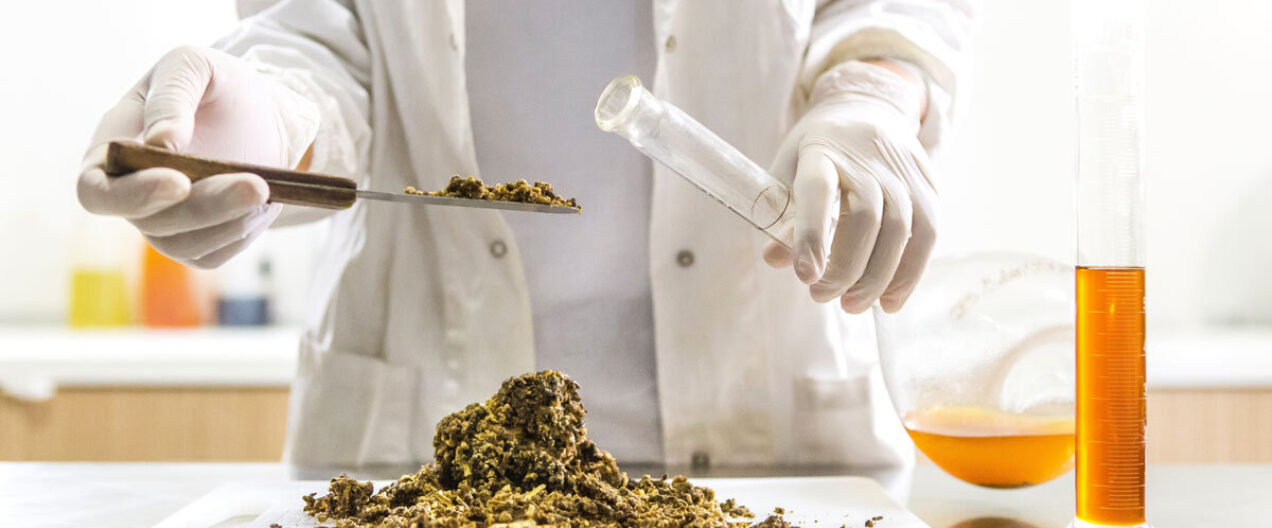
Pestizide, Biozide, Pflanzenschutzmittel
Pestizid ist jede Substanz oder Stoffmischung aus chemischen oder biologischen Inhaltsstoffen, die dazu bestimmt ist, Schädlinge abzuwehren, zu bekämpfen oder das Pflanzenwachstum zu regulieren.
Content in German
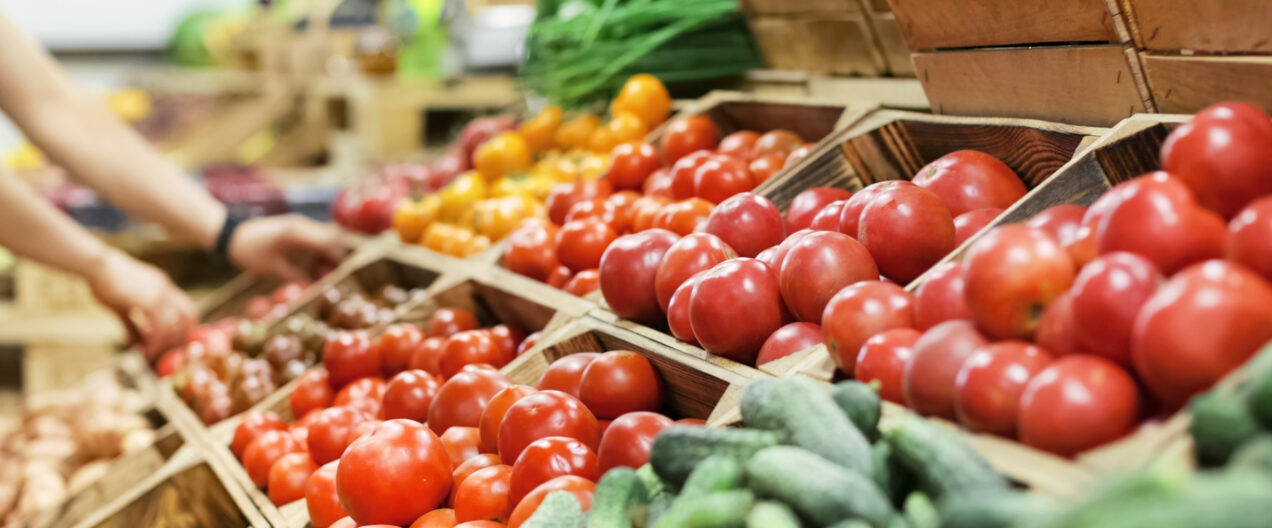
Key answers at a glance
Plant protection products and biocides have proven their worth. They not only enable regional food production, but also limit food loss and food waste. Here are ten questions and answers on pesticides and plant protection products.
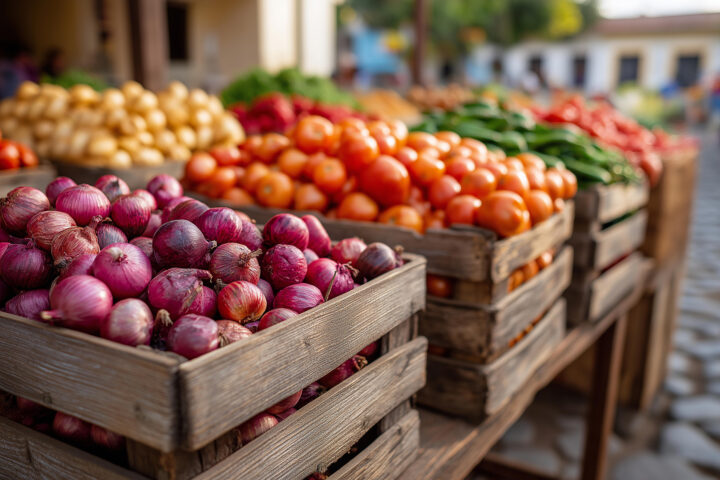
Why cutting out synthetic pesticides will reduce food production
The UK’s action plan to reduce pesticide use could backfire, warns agronomist Greg Dawson: overly strict regulations may make domestic farming unprofitable – and increase the United Kingdom’s dependence on imports.
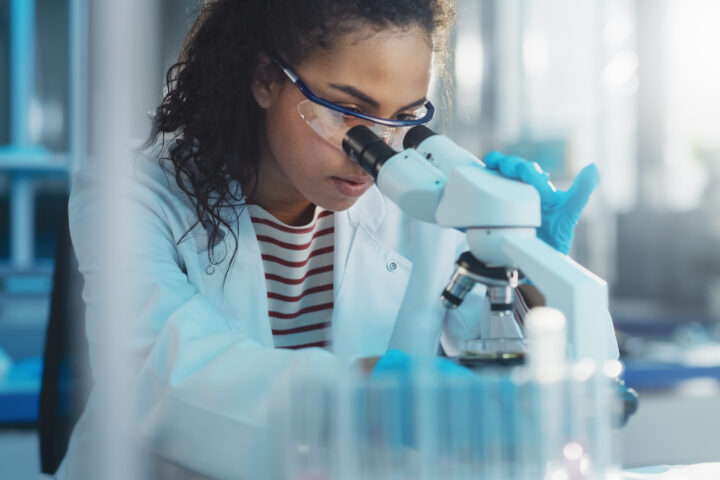
Approval studies for plant protection products are science-based
The approval of plant protection products in Switzerland is subject to strict legal requirements. Ultimately, this approval process is based on scientifically sound studies. These studies are financed by manufacturers, but they must comply with clearly defined governmental requirements and controls. The aim is to ensure reliability and independence.
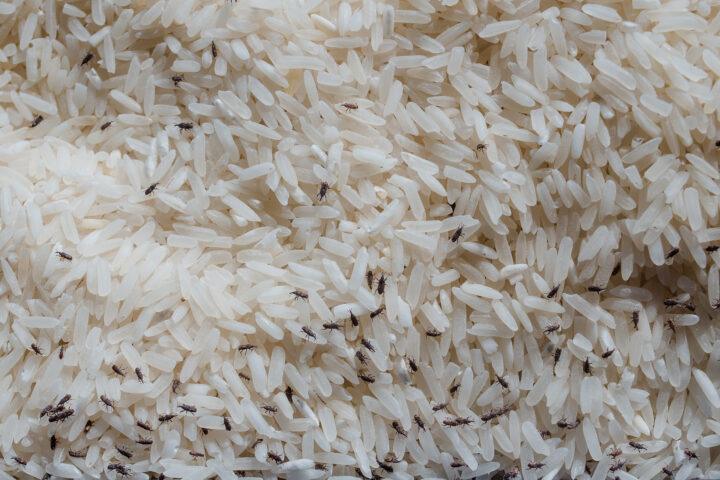
Grain beetle eats its way through Swiss grain stores
The grain beetle is spreading in Swiss grain stores. Introduced via international trade, it threatens harvests and impairs food quality.

New problem: soft bugs, native pests discover fruit and vegetables
Soft bugs are spreading at lightning speed in fields and greenhouses in southern Germany. These pests are destroying fruit and vegetables and pushing agriculture to its limits. Effective plant protection products must be found urgently to safeguard harvests.
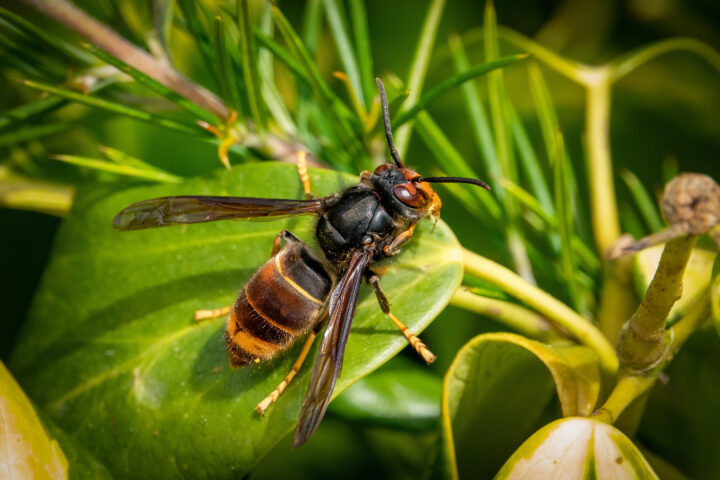
Three times more Asian hornets – biocides needed
The Asian hornet has been a threat to the native honeybee for several years. The situation continues to worsen. As new figures show, there were almost 4,000 sightings last year – a threefold increase in the number of Asian hornets. The pest is attacking biodiversity. Politicians are also alarmed.
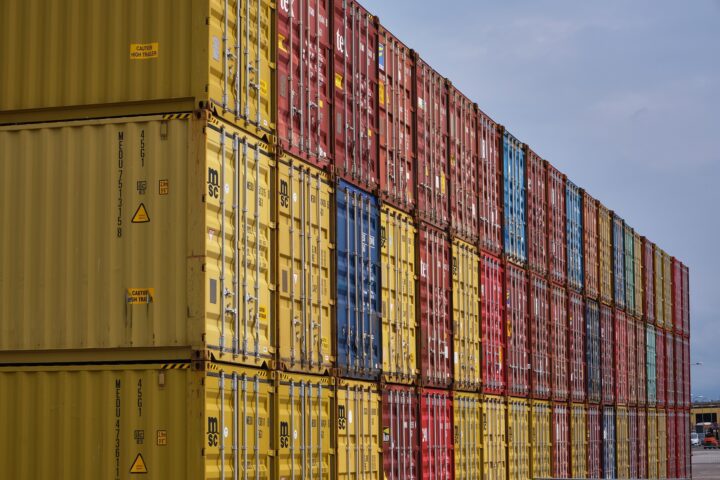
Is the industry exporting banned pesticides?
NGOs and the media repeatedly report on Swiss manufacturers of plant protection products who export pesticides that are banned in Switzerland. They claim that weak regulations in the importing countries are being deliberately exploited. However, this is not the case. Swiss manufacturers adhere to strict international standards when exporting plant protection products. Since approvals are also tailored to agronomic needs, the crops grown and the market, regulation from Switzerland makes no sense.

Insect decline: the facts behind the alarm
Insects are essential to our ecosystem: they pollinate plants, break down organic material and serve as a food source for many animals. So it is understandable that there is great concern when the media reports on ‘insect decline’ – and in some cases even on an impending ‘insect Armageddon’. But what do the scientific data really say? A new article by the Genetic Literacy Project shows that the situation is serious, but not nearly as one-sided and dramatic as it is often portrayed.
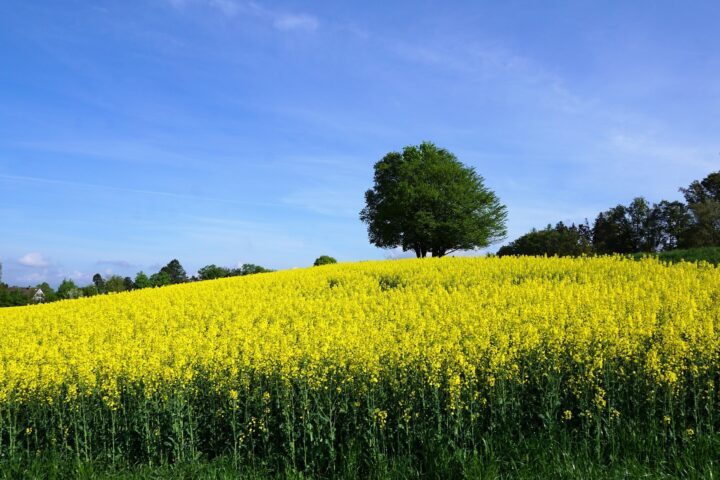
Swiss finish with a bitter aftertaste: the quiet demise of rapeseed cultivation
The Swiss finish in the authorisation process has not stopped at domestic rapeseed cultivation. Strict approval procedures and the lack of approved plant protection products are leading to a decline in acreage and lower yields. Experts warn that without viable alternatives, Swiss rapeseed production is nearing its end. And organic rapeseed is practically non-existent.

Natural plant defences put to use
Plants release scents to repel pests. Research shows that these natural signals could also be used as herbicides. The approach is exciting, but it is not a panacea – conventional pesticides remain indispensable.
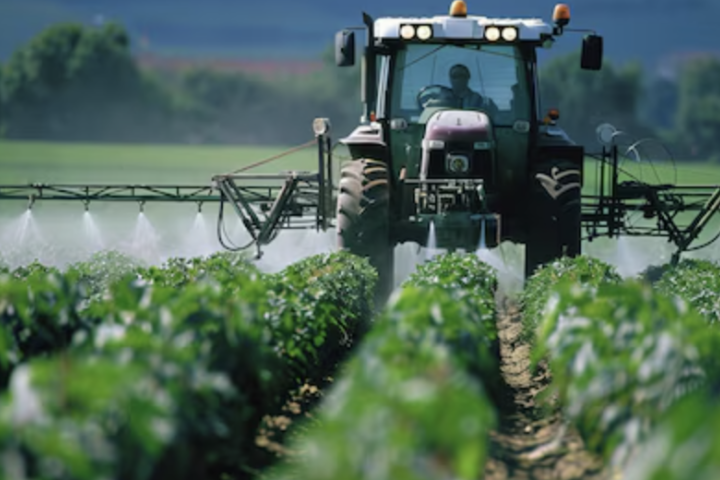
Why a lack of resources is to blame for the low yields in agroecology
Calls for transforming food systems have grown over the past several years. International governance organizations, such as the Food and Agriculture Organization (FAO), have issued many of these calls. Other calls have come from activist organizations, too numerous to list. A common theme from both the FAO and activists is that the current system is ‘broken’ and requires a complete rethink and overhaul.
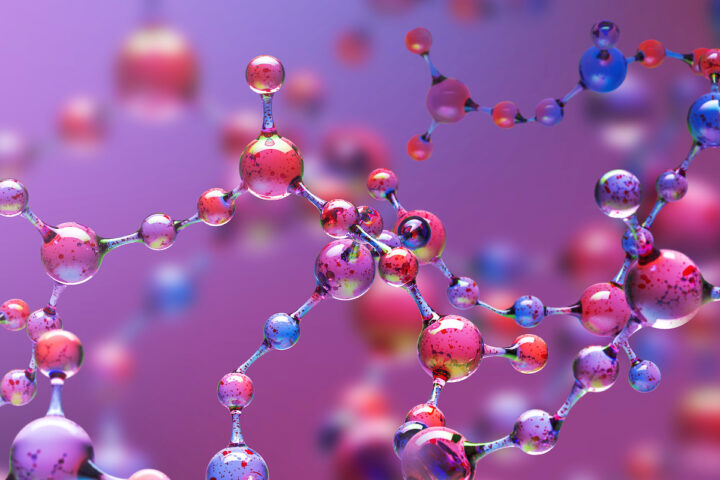
From molecule to crop protection product
On average, five crop protection products are approved for the market each year worldwide. Developing new products is challenging, time-consuming and expensive. It takes more than 12 years from the start of the search for a suitable substance to the approval of the market-ready product. The costs amount to more than 300 million US dollars. Every new crop protection product must meet strict requirements. The approval procedures for crop protection products are comparable to those for new drugs.
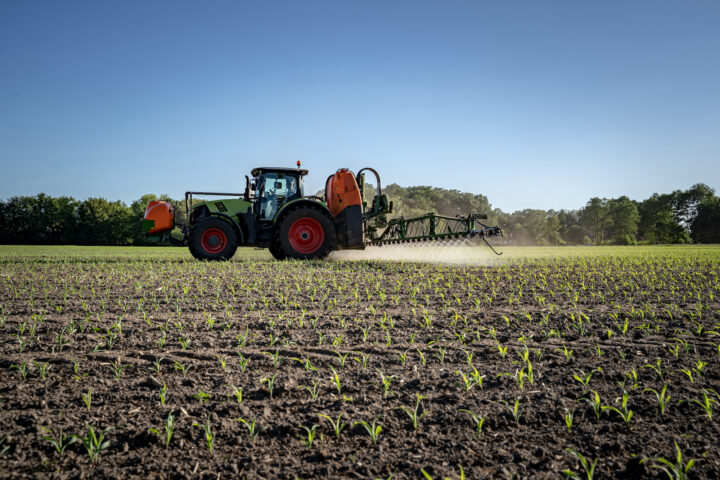
False study on crop protection poisoning influences political decisions
In recent years, the alarming news has been making the rounds that 385 million people suffer from crop protection poisoning every year. The claim comes from a study by critics of pesticides. It has been taken up and spread by numerous media and government institutions. The problem: the number is wrong. The study does not even allow for the conclusion, which is why the scientific publisher in question has since withdrawn the study. Nevertheless, it has influenced politics and continues to be cited frequently.
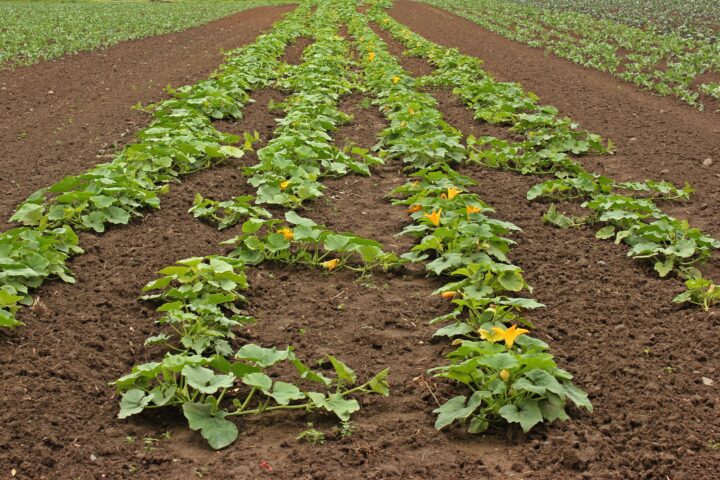
Class action lawsuit over pesticide ban
A proven seed dressing may no longer be used due to a decision of the European Court of Justice. As a result, the pumpkin harvest in Styria, Austria, has been almost completely destroyed.
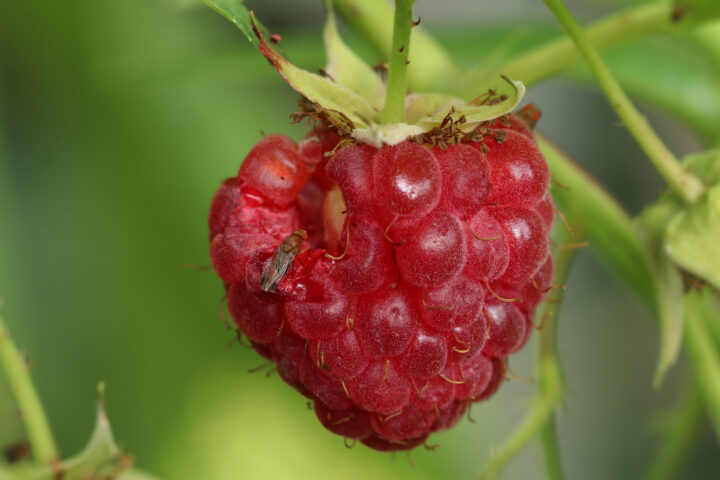
Because plants need protection from pests and diseases
The health of our crops cannot be taken for granted. On the contrary: in our mobile world, pests and plant diseases are spreading like wildfire. Climate change acts as an accelerant. When pests migrate and new plant diseases establish themselves in our latitudes, they can become a threat to native species. The International Plant Health Day on 12 May is a reminder of this. And the day shows: to ensure plant health in the future, research and innovation are needed above all.

Pesticide cuts
In Switzerland, a growing number of pesticides are being banned by the authorities. At the same time, there are almost no new ones entering the market. The regulatory authorities are severely overstretched. Things cannot go on like this. Every product that disappears from the market increases the risk of pests developing resistance and of crops failing.
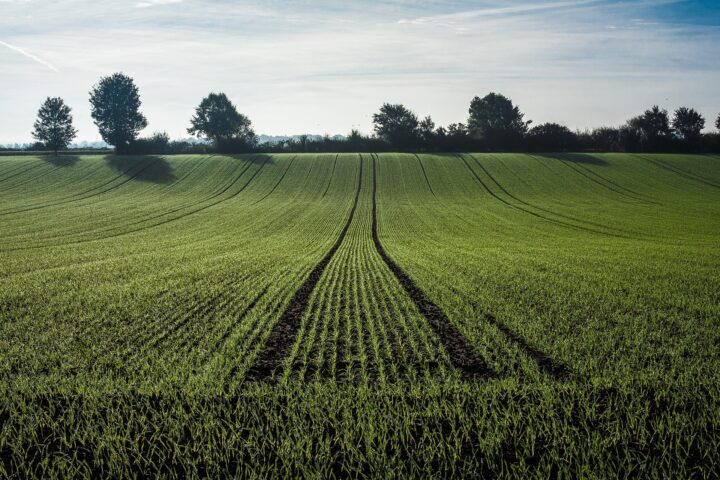
Glyphosate offers many advantages
Glyphosate is the best-studied herbicide in the world. It is mainly used in agriculture to help farmers efficiently and cost-effectively remove unwanted vegetation from fields before sowing.
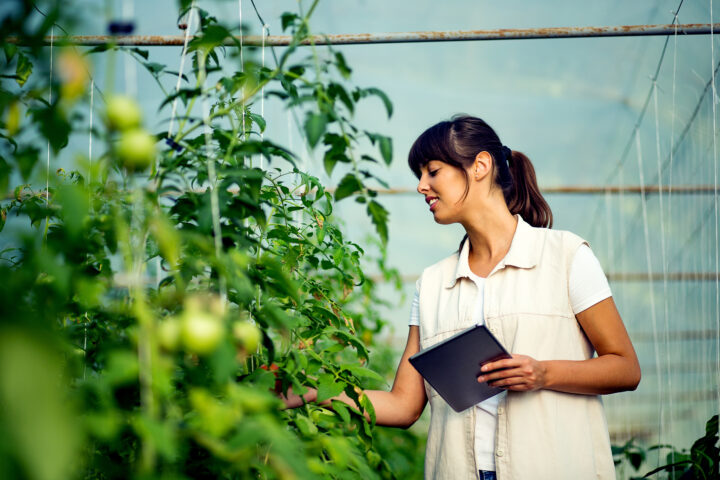
«Biologicals» – biologically active substances from research
Modern crop protection products must be safe, targeted and short-lived – i.e. degraded shortly after reaching their target – without leaving behind biologically active degradation products.
Content in German
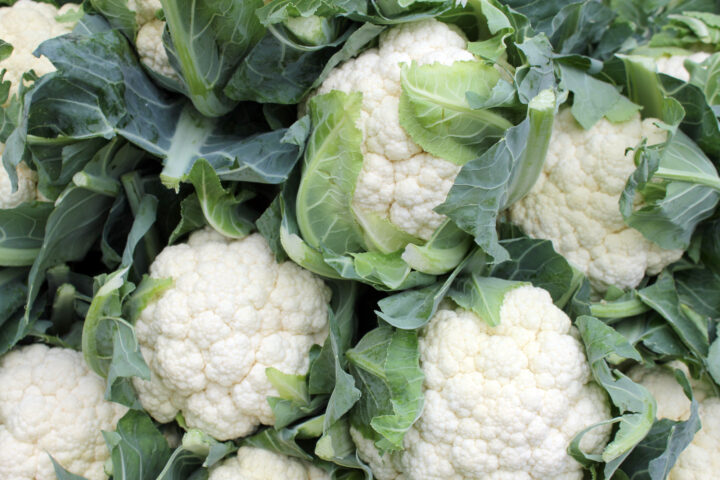
Dramatic drop in approved pesticides
Fewer and fewer pesticides are available to Swiss farmers. Many active ingredients are disappearing from the market. At the same time, the Swiss authorities are approving very few new ones. The Swiss farmers' association warns against new measures. Otherwise, a decline in domestic food production may ensue.
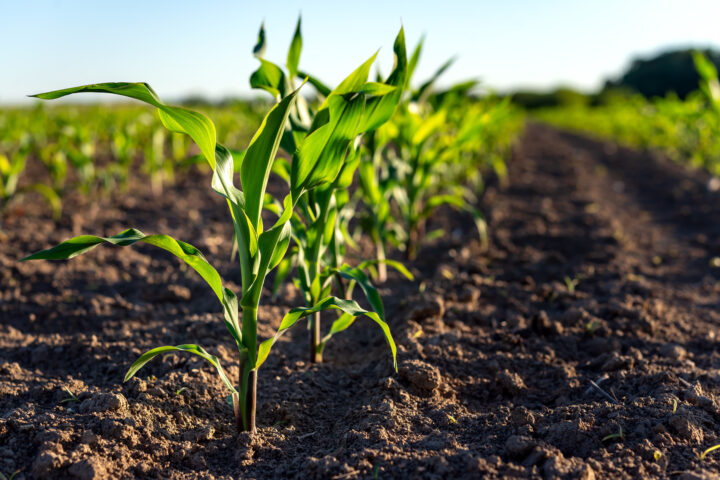
700 Pesticides Await Regulatory Approval
In Switzerland, a significant backlog of pesticides is pending approval from regulatory authorities, who are struggling to keep pace with the demand. This delay has serious implications for both the agricultural sector and environmental sustainability.
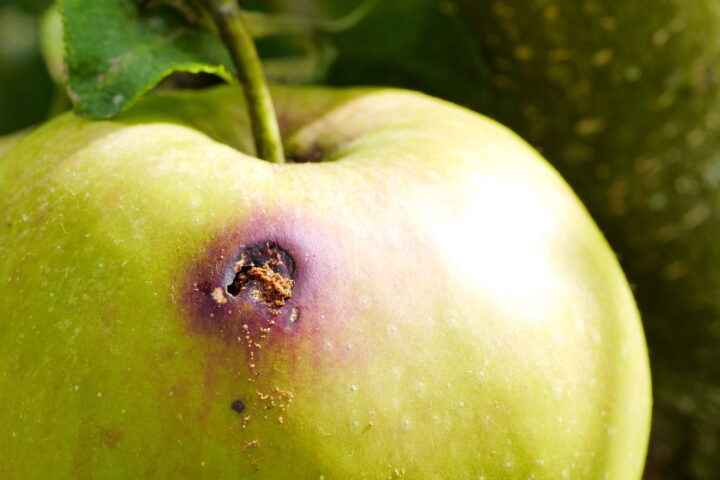
Approval backlog due to environmental organizations
Swiss farmers are less and less able to protect their crops against pests and fungal diseases. This is reported by the "Nebelspalter". The number of approved crop protection active ingredients has decreased drastically since 2005.
Content in German
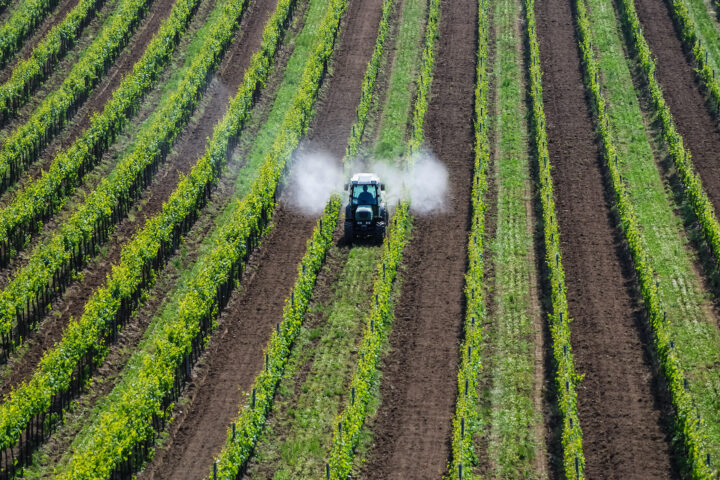
Five myths about pesticides
The Austrian "Kronen Zeitung" clears up five myths about the use of pesticides in agriculture. With regard to toxicity, what the doctor Paracelsus knew still applies today: The dose makes the poison.
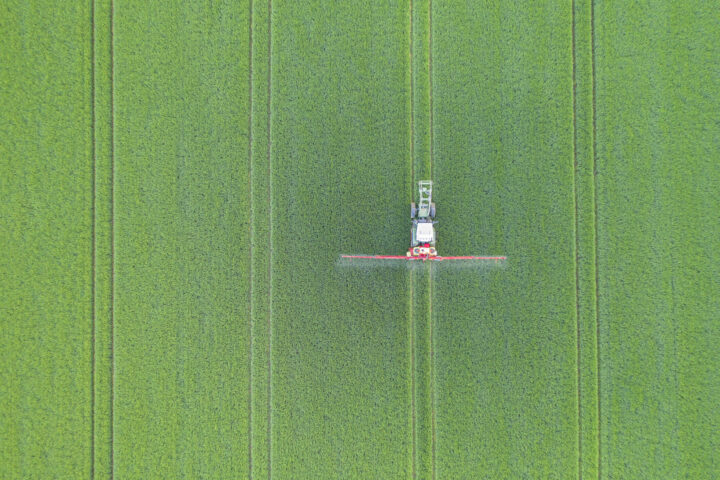
Less crop protection in 2020, probably more in 2021
The federal figures for the volume of plant protection products sold in 2020 offer a contradictory picture: total sales figures for plant protection products have continued to decline. In 2020, 1930 tonnes of plant protection products were sold in Switzerland in total. There was an increase in the sale of plant protection products permitted for use in organic farming. This also includes substances that pose a considerable risk.
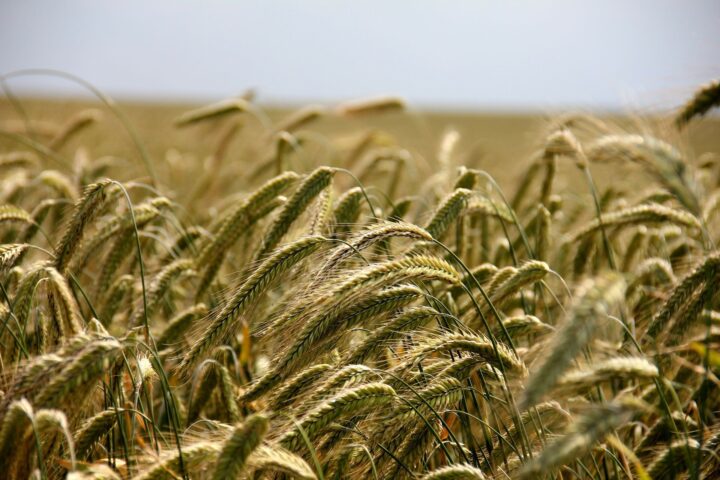
Safe Use of Highly Effective Pesticides
If Highly Hazardous Pesticides (HHP), as they are known, are handled and used correctly, they are safe. In many countries, indeed, they are the only solution for saving lives,
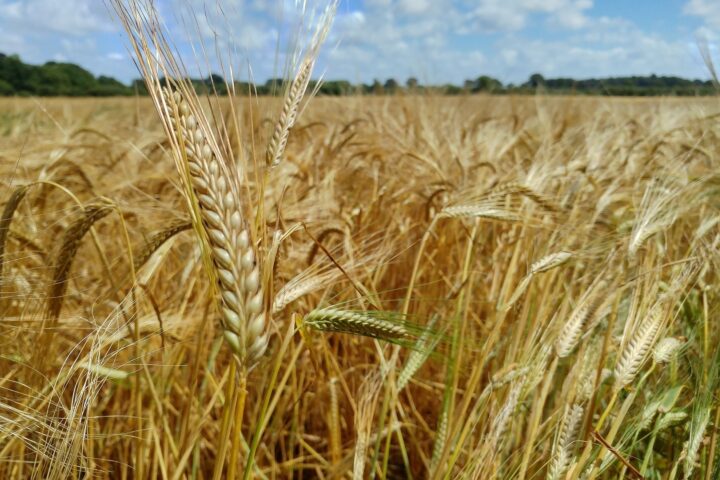
«Pesticides are a technology that support civilization»
Synthetic pesticides enabled the transition at the end of the 19th century from an era of periodic famines to an age of food security. For this reason, it is clear to the University of Göttingen’s Professor Andreas von Tiedemann that pesticides are a cornerstone of modern society.
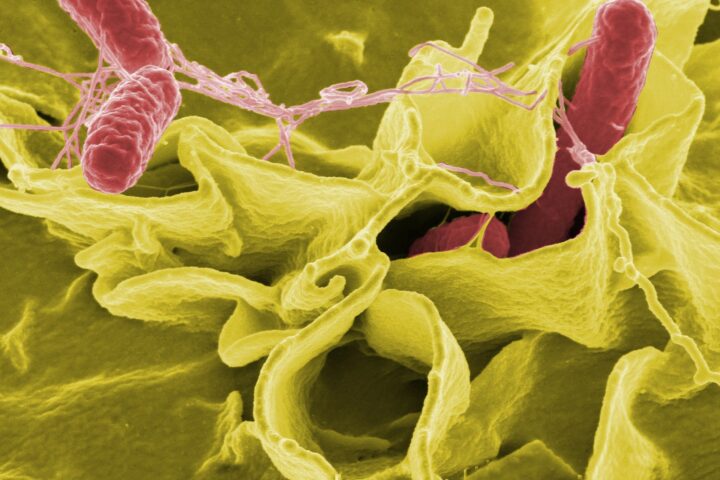
No food safety without pesticides
Measured residues of pesticides are often sensationalised in the media. The fact that these residues are well below the levels that could affect our health is usually not mentioned.

Synthetic has many benefits
Synthetic pesticides are often automatically viewed as problematic compared with natural pesticides. But this is a misconception. It is not possible to make any general statements about toxicity based on the production method alone.
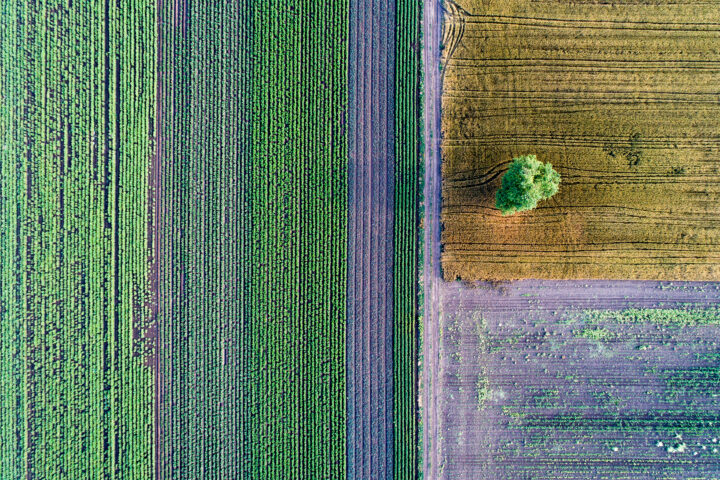
Plant Protection – Protecting Crops
Plants of all kinds can become ill. Just as medicines are used in humans, plant protection products are applied to maintain the health of crops and to prevent their destruction by pests (insects, fungi, weeds).
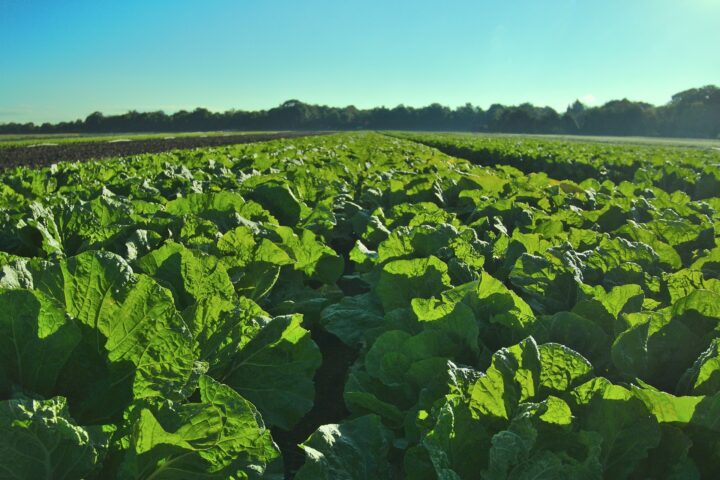
Dramatic drop in yields without crop protection
Food security is one of the greatest global challenges of the 21st century. The world's population is growing and the growing conditions for agriculture are deteriorating due to climate change.
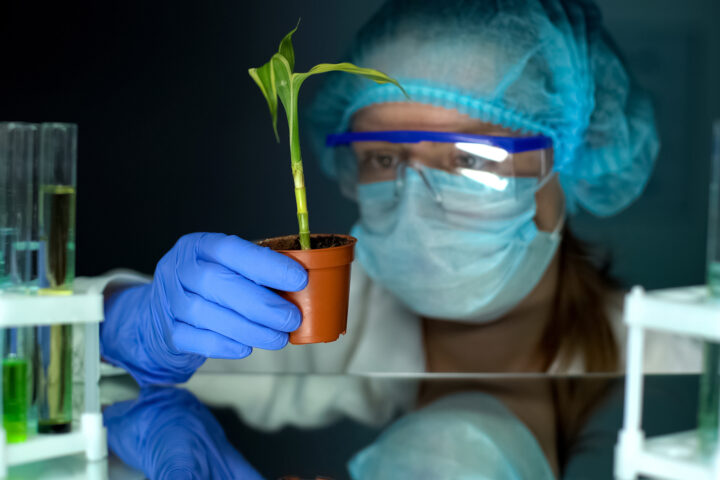
Synthetic corp protection products
All corp protection products that are produced by synthesis are also synthetic. Synthesis is the process by which a compound is produced from elements or a compounded new substance is produced from simply constructed compounds. Active substances that are produced synthetically can, however, be identical to nature in their effect.

